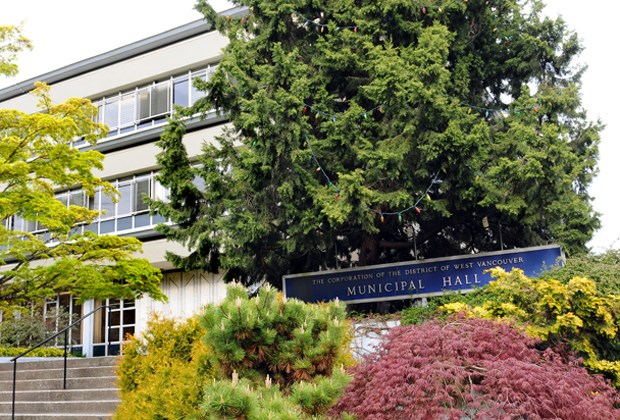After 10 years on an ammo-free diet, West Vancouver finally bit the bullet April 4.
Council voted for a 6.87 per cent tax hike at last week’s regular meeting of council, despite protests from Coun. Bill Soprovich.
The owner of an average-priced home – approximately $2.378 million in West Vancouver – having to pay an extra $242 this year is “astonishing,” according to Soprovich, who cast the only vote against the hike.
“Are we in fact pricing ourselves out of business here?” Soprovich asked.
The average property tax bill is projected to be $3,813 in 2016, with a similar increase pencilled in for next year.
It’s time for West Vancouver to examine capital assets and look to cut costs, according to Soprovich.
“I look forward in that process to Coun. Soprovich identifying what he wants to close,” Coun. Craig Cameron responded.
The same political theatre in which officials grouse about high taxes without offering suggestions about closing parks, tearing up tennis courts or firing staff is played out annually, Cameron said.
“You can’t have it both ways. You can’t support programs and support facilities that the public wants and not pay for them.”
Deferring taxes in the hopes of a “golden era when LNG flows” is not an option, according to Cameron.
West Vancouver has enjoyed the lowest tax increases in Metro Vancouver for a decade, making the hike a “tough pill to swallow,” said Mayor Michael Smith.
Despite a political career spent advocating for lower taxes, Smith said he was persuaded to vote for the hike because of the acute need to protect West Vancouver’s investment in their assets.
“We have a lot of assets and we need to make sure that they’re properly maintained. If you drive by Klee Wyck you can see what happens when we don’t maintain them,” he said. “Because we’ve had several years of zero tax increases … we have bills that have to be paid.”
With precious little industry, West Vancouver relies heavily on taxation – something that needs to change, according to Smith.
The district should use its land and assets to tap another “money tree,” the mayor said. “If we use (our land and assets) creatively to create money like we did with Grosvenor – with $46 million cash for the transaction down there – that puts a lot of money into the bank of the municipality.”
Smith was referring to the 2013 sale of the 1300-block of Marine Drive for two towers built by the Grosvenor development group.
Using land creatively is one thing, but selling land is something else, noted Coun. Christine Cassidy, who said she would not support selling an appreciating asset. “Land is an appreciating asset.”
However, when it comes to topping up district coffers, pay parking is “a wonderful source of revenue,” according to Cassidy.
West Vancouver’s historic commitment to low taxes created unsustainable practices, according to Coun. Mary-Ann Booth.
“We have always robbed Peter (that is the capital account) to pay Paul (that is the operating),” she said.
The pay-as-you-go approach compelled the district to fail to maintain buildings, sell the land and build something new.
“You ran a building into the ground, like the police station,” said Booth.
Levying higher taxes will allow the district to maintain assets and keep their land, she said.
The tax hike was a long time coming, said Coun. Nora Gambioli. “We have not done this properly for 100 years. I think we need to just bite the bullet and do it this year.”
The tax hike breaks down into 1.62 per cent for operating costs with the other 5.25 per cent as an asset levy.



